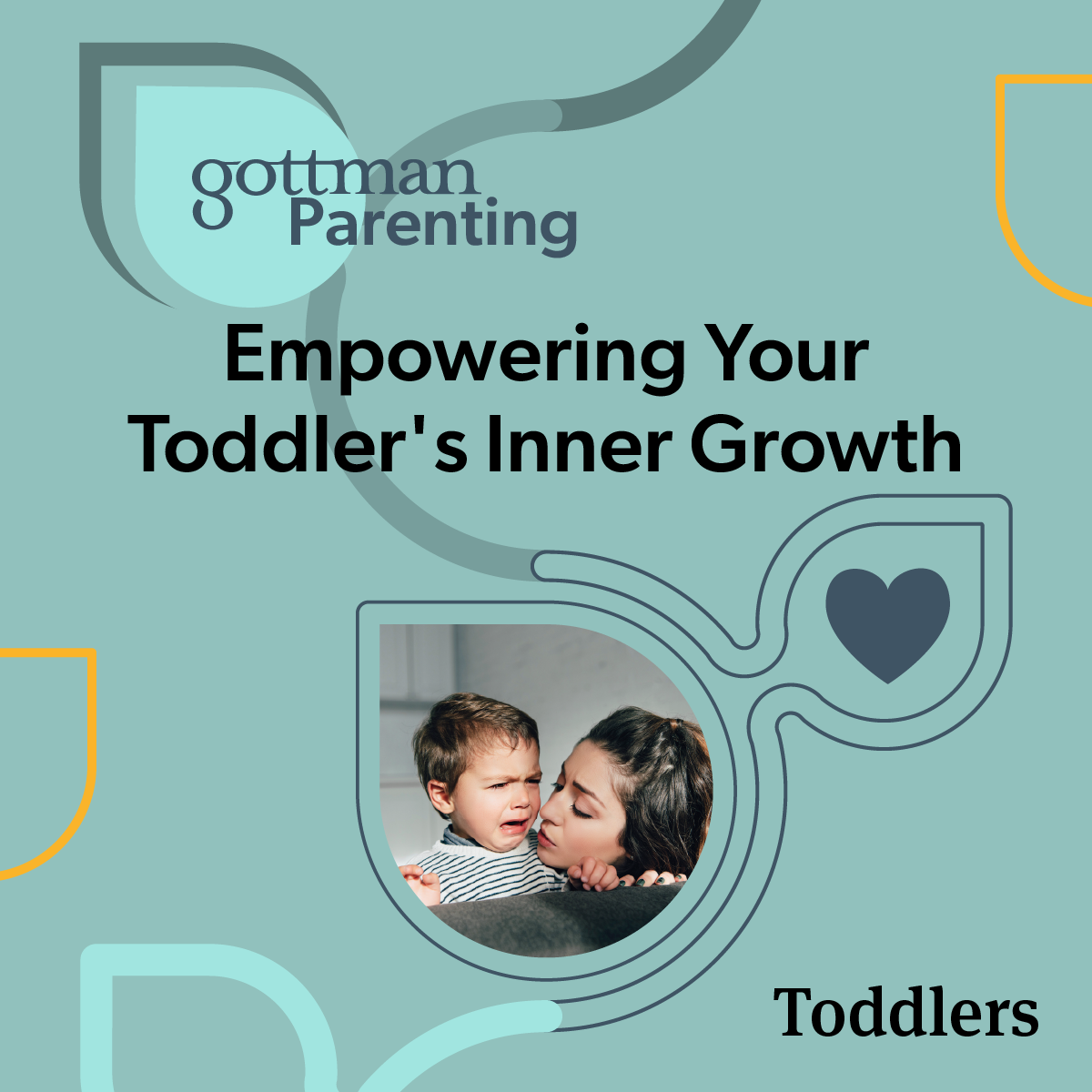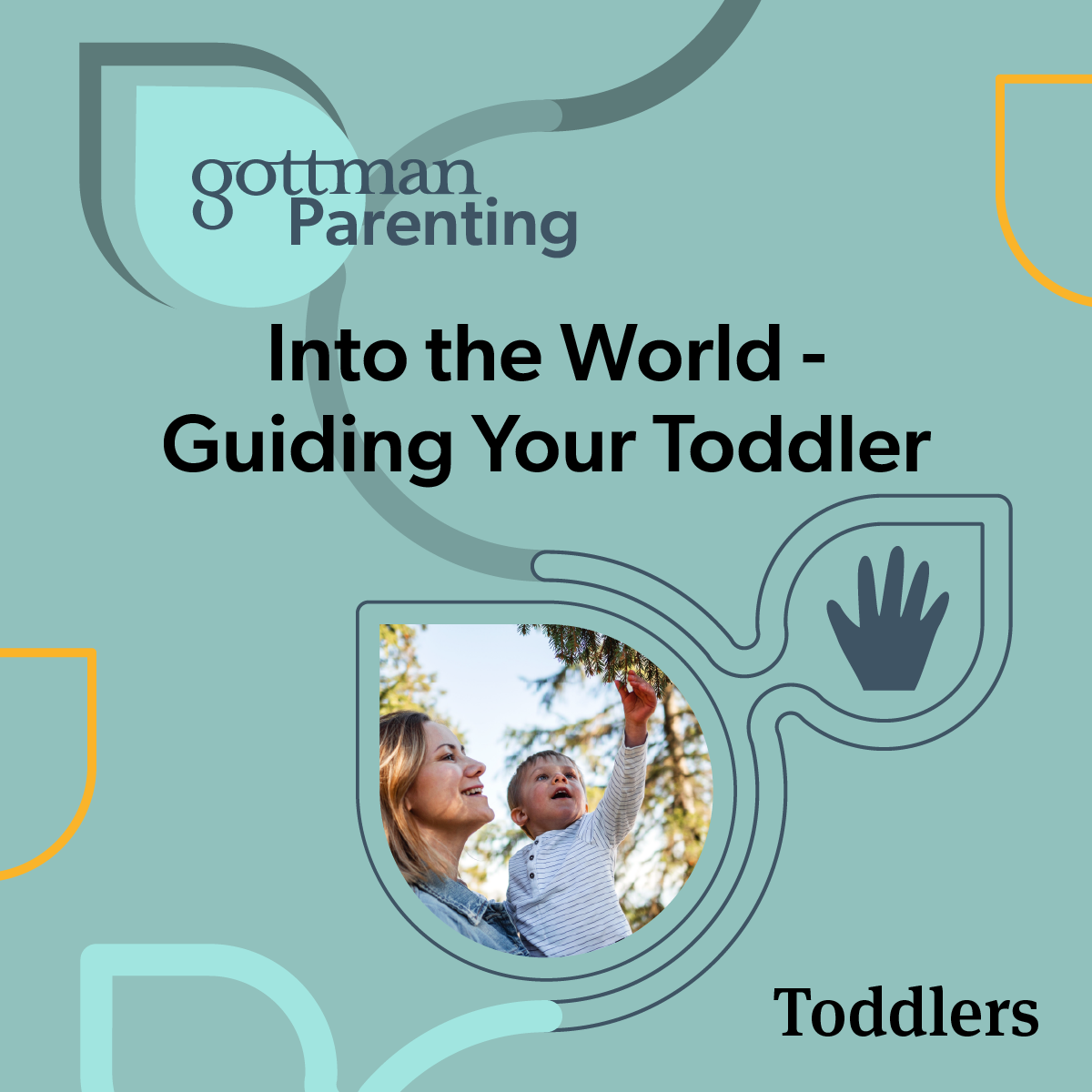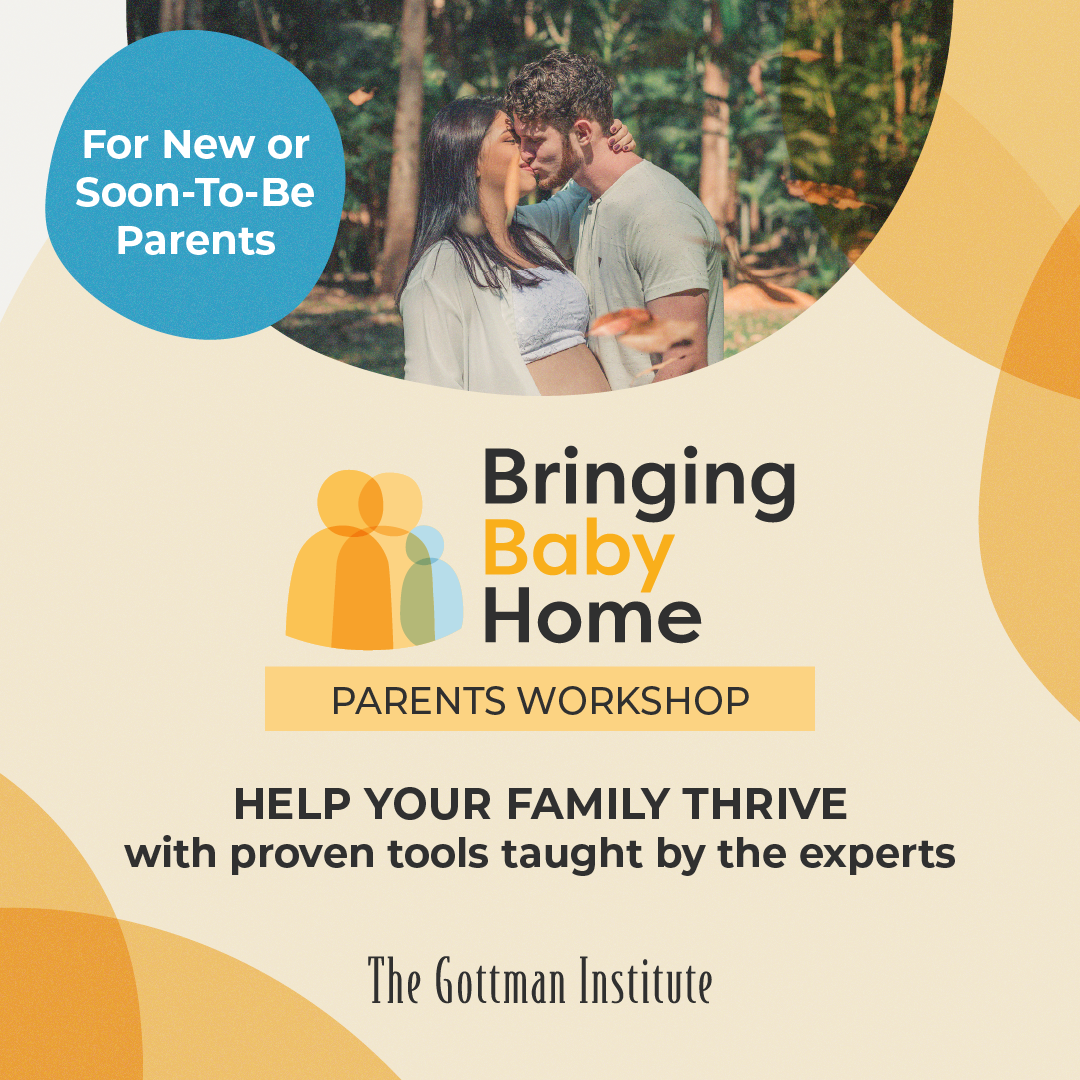Prior to becoming a parent of two kids, I remember having grand visions of the type of parent that I would be. I dreamt of being patient, compassionate, and empathic with my future kids. Surely parenting wouldn’t be as difficult as it seemed, right? Little did I know that parenting would become a mirror, reflecting all my own assumptions, expectations, and blind spots while challenging me (for the better) in ways that I never thought possible.
How You See Your Child Through Your Own Experience
Your ability to view your children in a positive light is first rooted in your own experiences and frameworks about how children “should” engage with you. Your family of origin, also known as the family in which you were raised, is typically where you begin to learn what is considered positive or negative in terms of childhood experiences and behaviors. Some families willingly accept that emotionality and expression of negative or challenging emotions are natural, normal, and necessary for developing emotional literacy skills. However, other families may react to emotions such as anger, sadness, or disappointment with disapproval or invalidation, sending the message that these emotions are not allowed. Notice how interpretations and expectations about a child’s behavior can greatly impact how you view them and engage with them in response.
One of the most important lessons that I learned as a psychologist and parent is that a child’s positive or negative behavior is simply a form of communication. They are data and information about your child’s internal experiences. They are not meant to manipulate, coerce, or frustrate you. They are simply ways for your children to show or tell you that something is wrong and they need help moving through the problem.
However, as parents, the ability to see their communication as data relies on one’s ability to manage one’s own triggers and emotions. When you’re exhausted, stressed, or overwhelmed, your ability to observe your child’s anger as data becomes diminished. Instead of seeing their behavior or emotions as communication, you see their behaviors or emotions as threats or manipulation. You begin to interpret their behaviors as disrespectful instead of viewing them with compassion. You view their anger as destructive instead of informative about their boundaries or needs. When you are in a triggered emotional state, it becomes much more difficult to view your children in a positive light because you are reacting from your own dysregulated state. Children rely on safe and trusted adults to regulate their own nervous systems. That’s why it is the parent’s responsibility to calm their emotional activation and respond versus react.
Parents as Vessels
I often describe the role of a parent as becoming a vessel or a fishbowl. Children can explore and experience their emotions within a calm, regulated presence. They’re allowed to be angry without worrying about whether their parent will be angry and frustrated in response. They can experience sadness or disappointment without adults trying to fix or make their sadness go away.
You can serve as the safe container within which your children can experience, validate, and name their emotions. If you can be a non-reactive and empathetic vessel, your children learn that their emotions come and go like waves. These emotions will not destroy them or others and will provide useful information about themselves and their world. It conveys the message: As a parent, I still hold a positive impression of you even when you do things I do not like or when you feel poorly on the inside.
Notice Your Reactions
The first step is to pay attention to your reaction when your children behave in ways that are activating to you. Notice how your body reacts during a tantrum. Pay attention to the storylines that come into play when your child engages in less desirable behaviors. When Johnny kicks the bushes repeatedly, perhaps wonder, “Why do I become so angry at him instead of being curious about this behavior?” When Annie voices her opinion, you might question, “Why do her strong opinions make me feel disrespected?” These are questions you can explore to increase your awareness of your own emotional state when your children struggle. By being mindful of your triggers, childhood experiences, and emotional reactions, you begin to observe yourself and respond with intention. That helps you hold your children in a positive light despite how they behave or feel.
Explore Your Expectations
The second step is to understand the expectations that you might have for your children. When you have unrealistic expectations for your children that are not developmentally appropriate, you can’t help but be frustrated when they do not meet those expectations. Are your expectations developmentally appropriate and workable within the context of the situation?
For example, it may be too much to expect your child to practice piano when they are hungry even if it is a developmentally appropriate expectation. It would not be developmentally appropriate to expect a 2-year-old child to shower and brush their teeth without supervision. This expectation is likely to cause conflict if not adjusted to a more age-appropriate expectation. Ask yourself, “What expectations do I have for my child? Are they developmentally and contextually appropriate?” If not, “Can I be flexible and adaptable enough to adjust to meet my child where they are in this moment?” When you understand your expectations and set them appropriately, you increase the opportunities to view your children in a positive light.
Challenge Your Assumptions
As human beings, we make quick interpretations and assumptions to make decisions efficiently. This is helpful to a point, but when overapplied, can become problematic, especially in relationships with children. If there are power struggles, difficulties with boundaries, or poor communication, you can play out repetitive dynamics with your children that get you locked in conflict. It’s almost as if you are acting out roles in a play. You become stuck in cycles of frustration and conflict. It’s easy to assume you know your child’s intentions or how they feel. I would encourage parents to challenge these assumptions and instead spend more time listening to their children with curiosity. You might discover their unique ways of thinking and interpreting their world, which might explain their behaviors or responses. Perhaps we can all benefit from reframing conflict as opportunities for deeper knowing and connection.
Final Thought
By inviting in conflict, challenging assumptions, and listening curiously, you can see your children in a positive light. There will be days when it is easier to see your children as rainbows versus roadblocks. Knowing yourself is the first step.
Want research-backed tips on parenting delivered straight to your inbox?
The Gottman Parenting newsletter is a comprehensive, inclusive resource for parents of children in all ages and stages. Join us as we tackle modern parenting challenges, explore the latest parenting research, and more.










